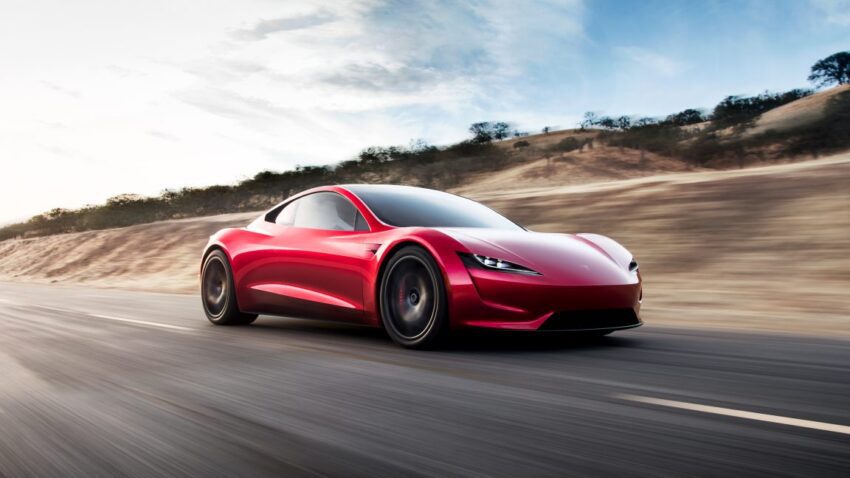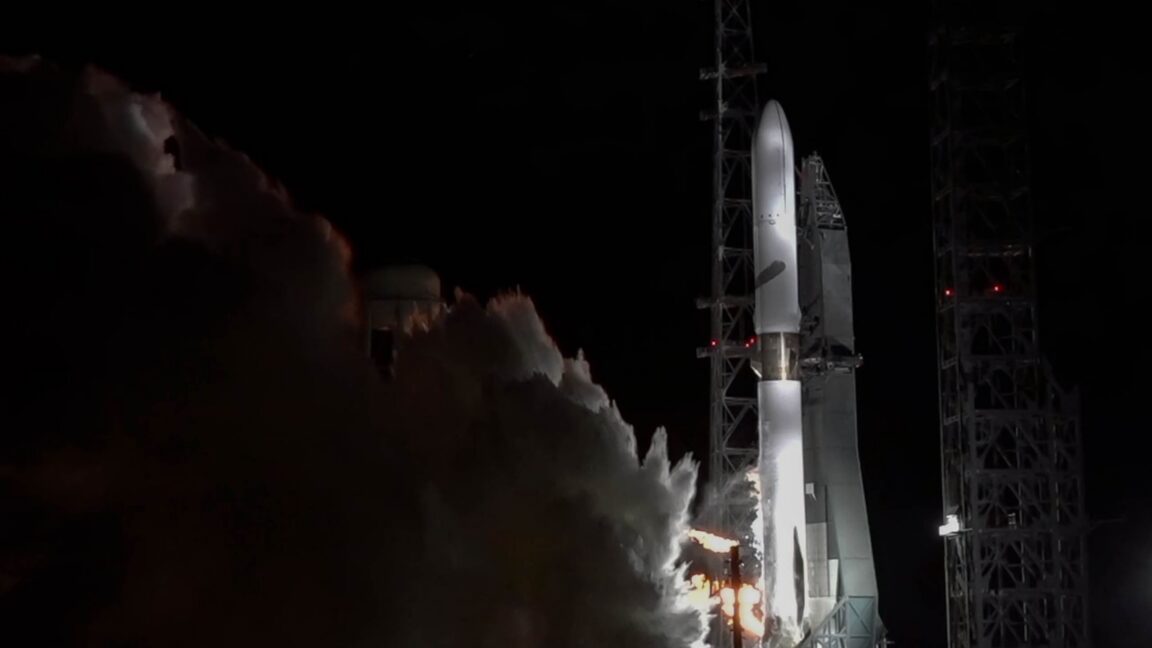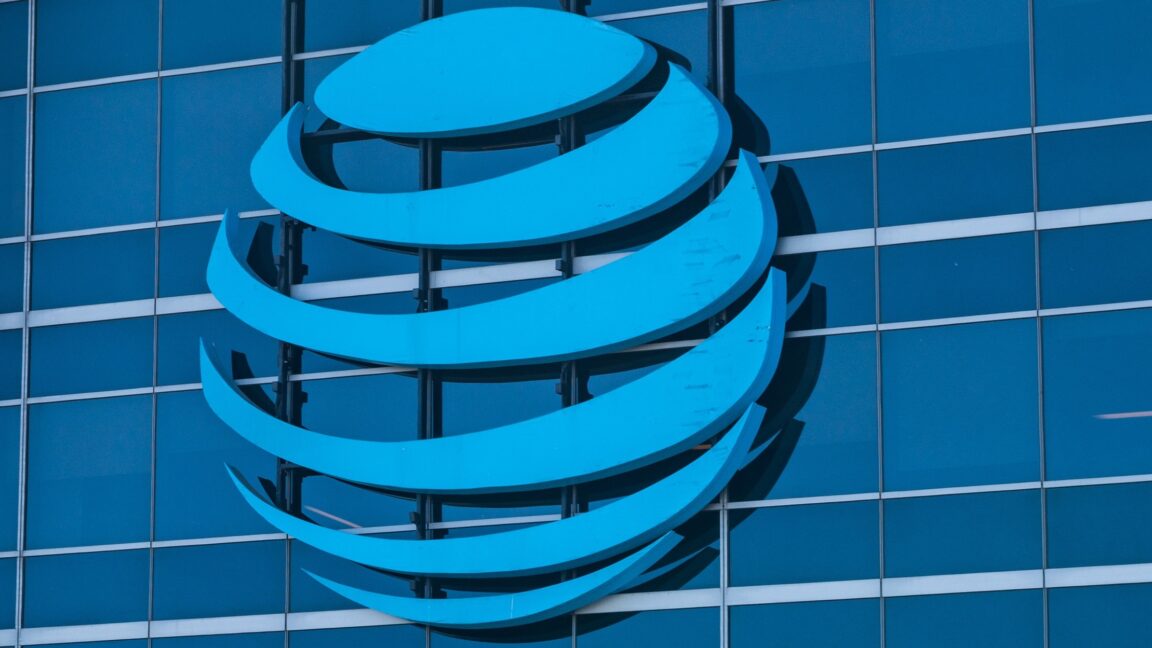
sam altman wants a refund for his Sam Altman, the CEO of OpenAI, has publicly expressed his desire for a refund of his $50,000 deposit for a Tesla Roadster, highlighting ongoing frustrations among early backers of the vehicle.
sam altman wants a refund for his
Background on the Tesla Roadster
In 2017, Tesla CEO Elon Musk unveiled the much-anticipated second-generation Roadster, often referred to as Roadster 2.0. This electric sports car was touted as a groundbreaking vehicle, boasting a price tag of $200,000 and a series of ambitious features that seemed to blur the lines between automotive engineering and science fiction. Among its promised specifications were a remarkable range of 620 miles (1,000 kilometers), a top speed of 250 mph, and an acceleration that could rival some of the fastest cars in the world.
One of the most talked-about features was the inclusion of a suction fan and “cold gas thrusters,” which Musk claimed would enhance the car’s performance. While these features captivated the imagination of many, they also raised eyebrows among automotive experts who questioned their practicality and feasibility. The announcement generated significant buzz, leading to a wave of preorders from enthusiastic customers eager to secure their own piece of this futuristic vehicle.
Long Wait and Growing Frustration
Fast forward to 2023, and the Roadster remains largely a concept rather than a reality. Despite the initial excitement, the car has yet to materialize, and many early backers have grown increasingly impatient. The electric vehicle market has evolved rapidly over the past few years, with numerous competitors launching their own high-performance electric hypercars. This has only intensified the scrutiny on Tesla and its ability to deliver on its promises.
As the years have passed, reports have surfaced indicating that many individuals who placed deposits on the Roadster are now seeking refunds. Some critics have even referred to these deposits as “interest-free loans,” suggesting that customers are essentially financing Tesla’s development efforts without any guarantee of receiving the product they were promised.
Sam Altman’s Experience
Sam Altman, a prominent figure in the tech industry and the CEO of OpenAI, is one of the latest individuals to voice his dissatisfaction with the prolonged wait for the Roadster. Altman placed his order on July 11, 2018, along with a deposit of $45,000, which would be equivalent to approximately $58,206 today when adjusted for inflation. His decision to invest in the Roadster was likely influenced by the vehicle’s ambitious specifications and Tesla’s reputation for innovation.
However, after years of waiting, Altman decided to reach out to Tesla for a refund of his deposit. To his surprise, he discovered that the email address associated with preorders had been deleted, complicating his efforts to retrieve his funds. This incident underscores the challenges faced by many customers who are trying to navigate the refund process amid the ongoing uncertainty surrounding the Roadster’s release.
The Broader Implications
Altman’s experience is emblematic of a larger issue facing Tesla and its customers. As the electric vehicle market becomes increasingly competitive, the pressure is mounting on Tesla to deliver on its promises. The Roadster, once seen as a flagship model, now faces skepticism from both consumers and industry experts alike.
Furthermore, the situation raises questions about consumer rights and the responsibilities of companies in the tech and automotive sectors. When customers place deposits on products that have yet to be developed, they often do so with the expectation that they will eventually receive the promised item. However, as delays continue to mount, the line between consumer trust and corporate accountability becomes increasingly blurred.
Stakeholder Reactions
The reaction to Altman’s refund request has been mixed. Some industry observers sympathize with his plight, recognizing the frustration of waiting for a product that seems perpetually out of reach. Others, however, argue that early adopters should have been aware of the risks associated with placing deposits on a vehicle that had not yet entered production.
In the broader context, the situation has prompted discussions about the ethics of preordering products in the tech and automotive industries. As companies like Tesla continue to push the boundaries of innovation, consumers must grapple with the uncertainty that comes with investing in unproven technologies. This dynamic raises important questions about transparency, accountability, and the role of consumer advocacy in protecting the rights of individuals who place their trust—and their money—into the hands of corporations.
Future of the Tesla Roadster
As of now, the future of the Tesla Roadster remains uncertain. Despite the initial excitement surrounding its announcement, the lack of concrete updates and the ongoing delays have left many customers questioning whether they will ever see the vehicle they invested in. Tesla has faced numerous challenges in ramping up production for its existing models, and the Roadster’s ambitious specifications only add to the complexity of its development.
In recent months, Tesla has made headlines for its focus on expanding its production capabilities and introducing new models, such as the Cybertruck. While these efforts have garnered attention, they have also raised concerns about the Roadster’s place within Tesla’s broader strategy. As the electric vehicle market continues to evolve, the company may need to reassess its priorities and determine how best to allocate resources to meet customer expectations.
Lessons Learned
Altman’s experience serves as a cautionary tale for both consumers and companies in the tech and automotive sectors. For consumers, it highlights the importance of conducting thorough research before placing deposits on products that have yet to be developed. Understanding the risks associated with preordering can help individuals make informed decisions and avoid potential pitfalls.
For companies, the situation underscores the need for transparency and accountability in their dealings with customers. As the electric vehicle market becomes increasingly competitive, maintaining consumer trust will be essential for long-term success. Companies must prioritize clear communication and timely updates to keep customers informed about the status of their orders and any potential delays.
Conclusion
Sam Altman’s request for a refund on his Tesla Roadster deposit reflects a growing sentiment among early backers who feel left in limbo as they await the arrival of a vehicle that has yet to materialize. As the electric vehicle market continues to evolve, the challenges faced by Tesla and its customers serve as a reminder of the complexities inherent in the world of innovation. The Roadster’s future remains uncertain, but the lessons learned from this experience may shape the way consumers and companies approach the process of preordering in the years to come.
Source: Original report
Was this helpful?
Last Modified: November 1, 2025 at 1:36 am
0 views















